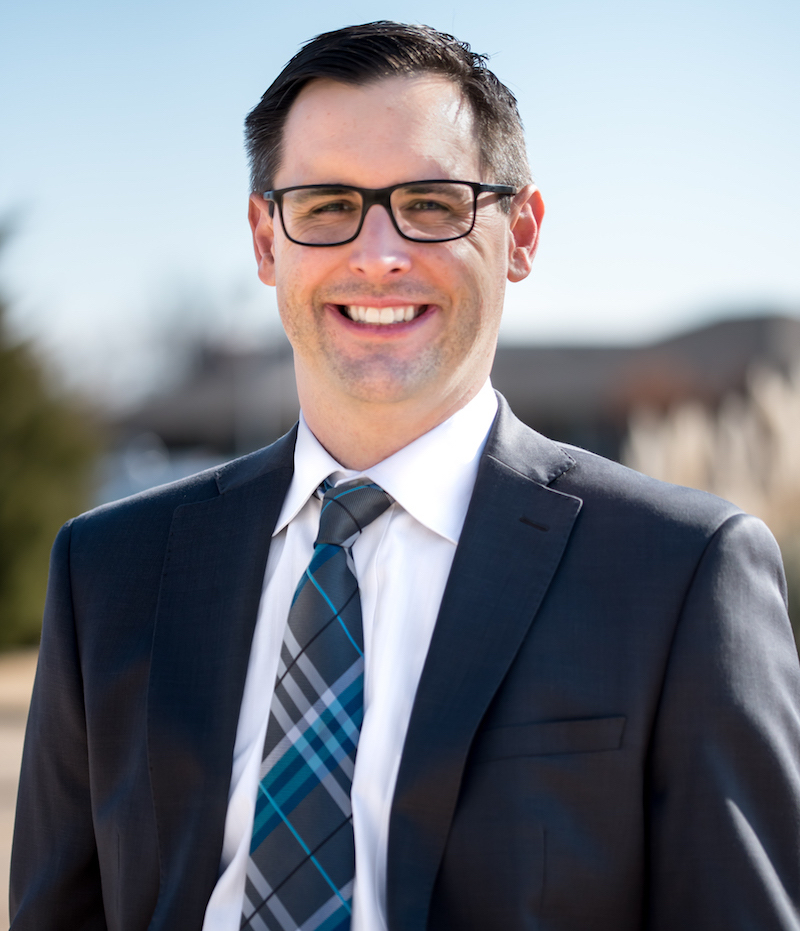Bankruptcy Is a More Certain Way to Address Unaffordable Student Loan Payments
by Luke Homen
Bankruptcy Is a More Certain Way to Address Unaffordable Student Loan Payments
The Biden Administration has had some victories and setbacks in forgiving college student loans. There have been multiple court challenges, and the US Supreme Court ruled last year that one program had to stop. The upcoming election adds more uncertainty, as a future president could change student loan policy again. Forgiveness has suffered stormy seas over the years, but the bankruptcy option continues on calm waters.
If you want to explore your options to rid yourself of oppressive student loans you may never repay, contact the Convenient Bankruptcy law firm at 405-296-0079 so we can schedule a time to talk about your situation and how we can help. Consulting with knowledgeable Tulsa bankruptcy lawyers can provide clarity and guidance on navigating the complexities of student loan forgiveness and bankruptcy.
Latest in a Long Line of Legal Decisions on Student Loan Forgiveness

The June decision by the US Court of Appeals for the 10th Circuit in Denver is the latest chapter in the story of two federal judges temporarily suspending parts of the Saving on a Valuable Education (SAVE) plan. The plan has about eight million enrollees, and borrowers’ monthly payments are based on their household size and income. About $167 billion in student loan forgiveness has been approved since the Biden Administration came to office.
Federal judges in Kansas and Missouri issued preliminary injunctions freezing the SAVE program as part of litigating lawsuits filed earlier this year by two groups of Republican-led states that want to end the SAVE program.
Federal Courts Have Kept Loan Forgiveness Alive, Politics May Doom It
Many politicians have driven lawsuits challenging loan forgiveness. If Republicans regain control of the White House and Congress, chances are slim that student loan forgiveness programs would continue in any meaningful way, if at all.
Project 2025 is a comprehensive policy proposal by various political groups that lays out a vision for Trump’s next administration. He has denied knowledge of it and criticized some parts of it, but it states in part a goal should be to, ‘Break up the Department of Education to strengthen education freedom, enhance parental rights in education, and protect taxpayers from student loan “forgiveness.”’
Bankruptcy May End or Limit Your Need to Continue to Re-Pay Student Loans
You can discharge your student loan obligations by filing for bankruptcy and proving that paying them will be an “undue hardship.” The process involves the following:
- File for Chapter 7 or Chapter 13 bankruptcy protection, which have very different rules on what assets you can keep and what obligations you’re required to pay. Consulting with a bankruptcy lawyer can help you understand which chapter best suits your situation.
- File an adversary proceeding to discharge your student loans. This is similar to a lawsuit, but it’s filed in bankruptcy court. Part of the process is establishing repayment, which would be an undue hardship for you and your dependents. This may be challenged by the federal Department of Education and other creditors (though if you’re discharged from your student loan debts, that may leave you more money to pay them)
Navigating the complexities of proving undue hardship for student loan discharge requires the expertise of a bankruptcy attorney familiar with the nuances of bankruptcy law.
You need to prove the following elements to show your undue hardship:
- You can’t maintain a minimal standard of living while paying back your loans
- That’s expected to continue for much of the loan repayment period. You’re not dealing with a temporary setback that’ll probably be resolved in the foreseeable future
- You made good-faith efforts to repay your loans before your bankruptcy filing
Your efforts may be unsuccessful, so your student debt obligations continue, or your student debts may be totally or partially discharged. If you don’t get a student loan discharge, if bankruptcy allows you to stop paying other debts, paying that loan back should be easier.
Have Questions or Concerns About Discharging Student Loans? We’re Here to Help
The team of Tulsa bankruptcy attorneys at Convenient Bankruptcy law firm is here to help you navigate your options and your next steps. We’ve helped many borrowers like you get out of under hundreds of thousands of dollars in student loan debt. Are you ready to discuss your options with us? Call us at 405-296-0079 or send us a message online.

Attorney Luke Homen is the President of Convenient Bankruptcy. He placed great value on helping individuals and families solve their financial challenges and achieve real financial freedom. His goal is to find a customized solution that fits each client’s unique situation. Luke has been practicing law since 2008, and was voted “Best Bankruptcy Attorney in Oklahoma” by The Oklahoman in the Reader’s Choice Awards.
